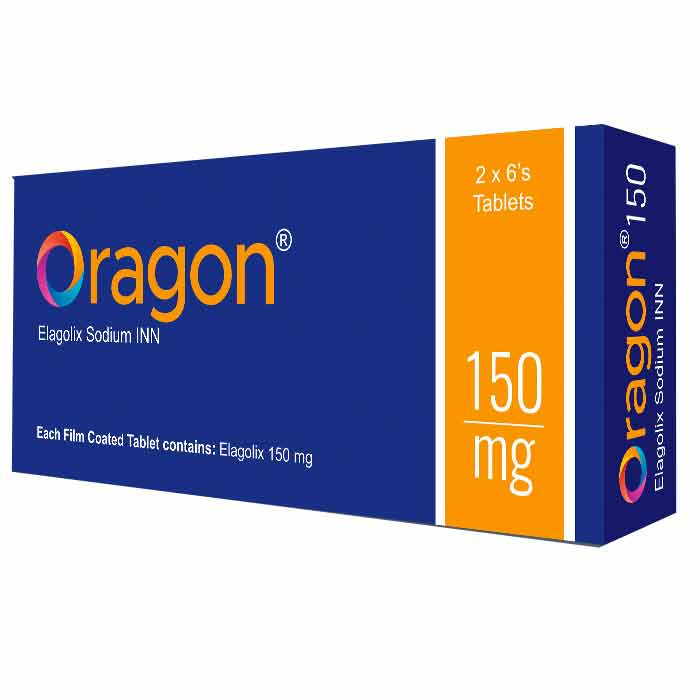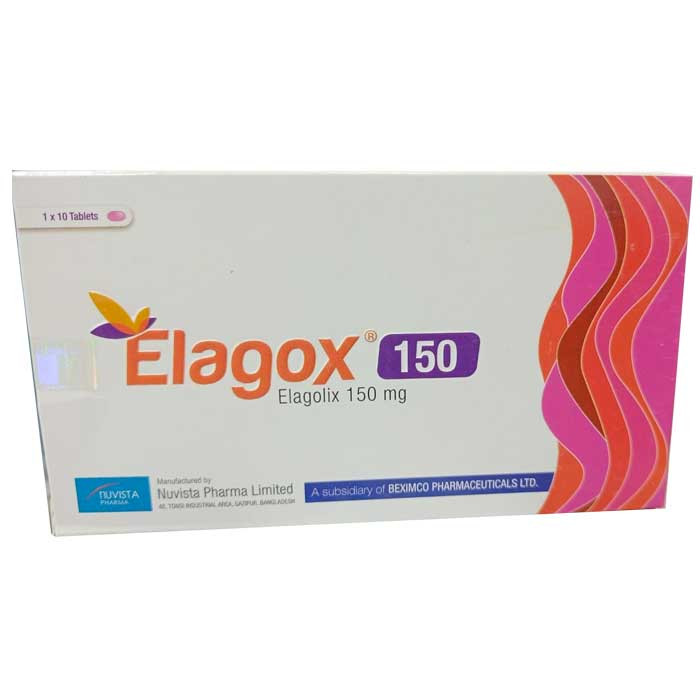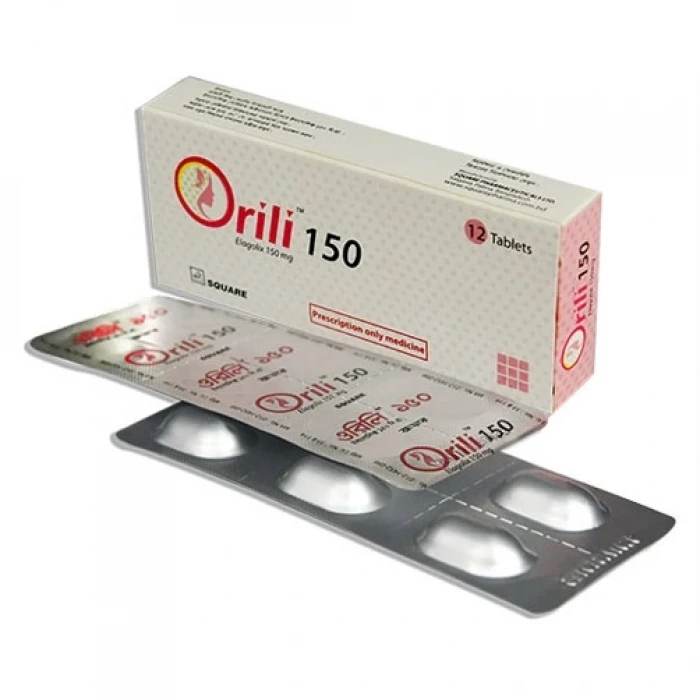

✔ 100% Authentic Product

100% Genuine Products, Guaranteed
Safe & Secure Payments, Always
Fast, Secure & Efficient Delivery
Proper Packaging
Cashback offer(Optional):
- 🏷 Coupon CASH55 ✔️ Get ৳55 back - for Ordering ৳500+
- 🏷 Coupon CASH120 ✔️ Get ৳120 back - for Ordering ৳1200+
- 🏷 Coupon CASH200 ✔️ Get ৳200 back - for Ordering ৳2500+
- 🏷 Coupon CASH300 ✔️ Get ৳300 back - for Ordering ৳3500+
- 🏷 Coupon CASH400 ✔️ Get ৳400 back - for Ordering ৳4500+
- 🏷 Coupon CASH500 ✔️ Get ৳500 back - for Ordering ৳5500+
- 🔹 Delivery charge is applicable for Cashback offer
- 🔹 Foreign manufacturer products are not applicable for Cashback offer
Show More
 Cash on Delivery - All over Bangladesh
Cash on Delivery - All over Bangladesh Urgent Delivery - 2 Hours Dhaka City
Urgent Delivery - 2 Hours Dhaka City ফ্রি ডেলিভারি! - ১৪৯৯ টাকা+ অর্ডারে ঢাকা
শহরে ।
ফ্রি ডেলিভারি! - ১৪৯৯ টাকা+ অর্ডারে ঢাকা
শহরে । ফ্রি ডেলিভারি! - ২৯৯৯ টাকা+ অর্ডারে ঢাকার
বাহিরে ।
ফ্রি ডেলিভারি! - ২৯৯৯ টাকা+ অর্ডারে ঢাকার
বাহিরে ।
✅ Description:
Indication: Endometriosis
Administration
Take at approximately the same time each day, with or without food
Adult Dose
Endometriosis Indicated for management of moderate-to-severe pain associated with endometriosis Initiate with 150 mg PO qDay for up to 24 months Hepatic impairment Mild (Child-Pugh A): No dosage adjustment required Moderate (Child-Pugh B): Only the 150-mg qDay regimen is recommended for women with moderate hepatic impairment, and the duration of treatment should be limited to 6 months Severe (Child-Pugh C): Contraindicated
Renal Dose
Renal impairment No dosage adjustment required with any degree of renal impairment or end-stage renal disease (including dialysis)
Contraindication
Pregnancy Known osteoporosis Severe hepatic impairment Coadministration of strong organic anion transporting polypeptide (OATP) 1B1 inhibitors (eg, cyclosporine and gemfibrozil)
Mode of Action
Oral gonadotropin-releasing hormone (GnRH) receptor antagonist; inhibits endogenous GnRH signaling by binding competitively to GnRH receptors in the pituitary gland Administration of elagolix results in dose-dependent suppression of luteinizing hormone (LH) and follicle-stimulating hormone (FSH), leading to decreased blood concentrations of the ovarian sex hormones, estradiol and progesterone
Precaution
May reduce the amount, intensity, or duration of menstrual bleeding, which may decrease the ability to recognize the occurrence of a pregnancy in a timely manner; perform pregnancy testing if pregnancy is suspected, and discontinue drug if pregnancy confirmed Dose-dependent elevations of ALT >3x ULN occurred with elagolix; use the lowest effective dose and instruct patients to promptly seek medical attention in case of symptoms or signs that may reflect liver injury Suicidal behavior and mood disorders Suicidal ideation and behavior, including 1 completed suicide, occurred in subjects treated with elagolix in the endometriosis clinical trials Patients taking elagolix had a higher incidence of depression and mood changes compared with placebo Patients with a history of suicidality or depression had a higher incidence of depression compared with subjects without such a history Promptly evaluate patients with depressive symptoms to determine whether the risks of continued therapy outweigh the benefits Patients with new or worsening depression, anxiety, or other mood changes should be referred to a mental health professional, as appropriate Advise patients to seek immediate medical attention for suicidal ideation and behavior Reevaluate the benefits and risks of continuing elagolix if such events occur
Side Effect
>10% Hot flush or night sweats (24-36%) Headache (17-20%) Nausea (11-16%) 1-10% Insomnia (6-9%) Mood altered, mood swings (5-6%) Amenorrhea (4-7%) Depressed mood, depression, depressive symptoms and/or tearfulness (3-6%) Hypersensitivity reactions (5.8%) Anxiety (3-5%) Arthralgia (3-5%)
Disclaimer:
ePharma sole intention is to ensure that its consumers get proper
information as musch as possible. Although we do not guarantee the
accuracy and the completeness of the information that provided and
here information is for informational purposes only.
The information contained herein should NOT be used as a substitute
for the advice of a qualified physician. This may not cover
everything about particular health conditions,
lab tests, medicines, all possible side effects, drug interactions,
warnings, alerts, etc. Please consult your healthcare professional
and discuss all your queries related to any disease or medicine. We
intend to support, not replace, the doctor-patient relationship.






